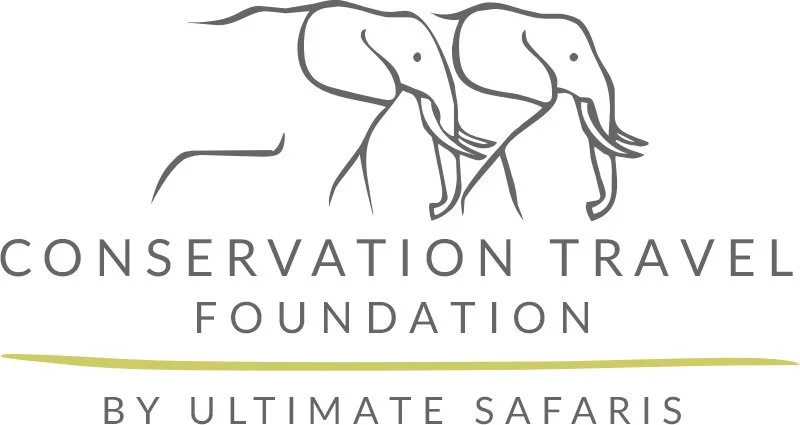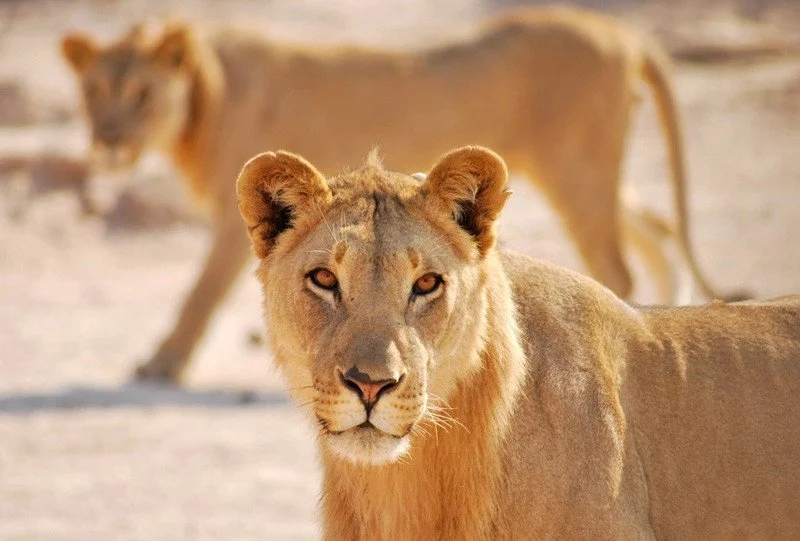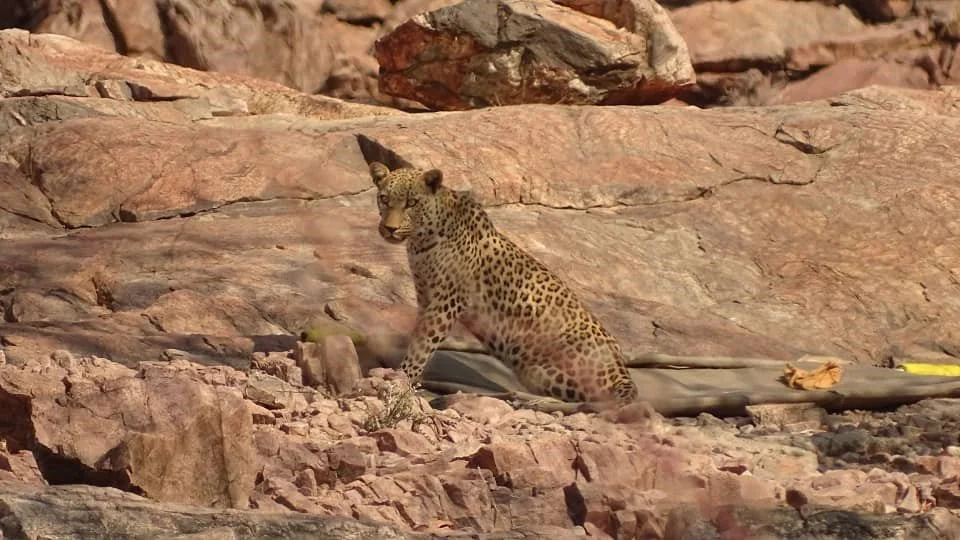The Conservation Travel Foundation was founded in 2006 by Tristan Cowley, later also a co-founder of Ultimate Safaris. From the onset, the objective of the Foundation was to partner with Conservation Travel to bring about tangible, positive impacts on ecosystem conservation and on the socio-economic development of rural communities in Namibia.
Ultimate Safaris is a significant contributor to the Foundation in both finance and administration services. All safari guests, friends and partners of the company are invited to make contributions to the Foundation and its projects. Safari participants receive a Conservation Travel Foundation information booklet and a donation form in the travel documentation they receive on arrival for their safari. Foundation projects range from support for desert-adapted rhino and predator conservation projects to improved school infrastructure in rural areas.
The early efforts of the Foundation raised a mere few hundred dollars a year. It now raises, and deploys, in excess of US$ 250,000 a year for conservation and rural development projects in Namibia.
Desert Lion Conservation
The re-establishment of the population of “desert-adapted lions” in the northwest of Namibia, where it is the only increasing wild lion population outside of a National Park, is an African conservation triumph. However, much of the area in which the lions roam, is occupied, albeit sparsely, by pastoralist communities. These communities are not equipped to manage the presence of lions, which can pose a threat to both livestock and people. Balanced against the threat the lions pose, is their value to the functioning of a natural ecosystem, to the safari tourism industry and, thus, to the Community Conservancies where they occur.
The Conservation Travel Foundation has identified the implementation of systems promoting human - livestock - lion co-existence as a conservation and a rural development priority. With the support and participation of Integrated Rural Development and Natural Resources (IRDNC), Save the Rhino Trust (SRT), Desert Lion Project (Dr Flip Stander), and organisations like the Conservation Travel Foundation and Ultimate Safaris, the affected Conservancies are implementing the following measures, under a “Northwest Human - Wildlife Conflict Management Plan”.
Pack for Conservation
The Conservation Travel Foundation works closely with Save the Rhino Trust to conserve Namibia’s desert-adapted black rhino. A major threat to rhino is poaching, and the Rhino Ranger programme was designed specifically to increase patrols and monitoring of Namibia’s rhino. The programme now supports over 60 Rhino Rangers and has helped to reduce poaching significantly over the last five years. Given that the vast area of the Kunene Region is patrolled almost entirely by Rangers on foot and who are not armed, this is a noteworthy, if surprising, achievement.
The Rhino Rangers operate in extremely harsh environments and need regular replacement of equipment, ranging from uniforms and boots to sleeping gear and tents. In July 2019 the Conservation Travel Foundation, in partnership with Cymot, a Namibian outdoor retailer, launched the PACK FOR CONSERVATION initiative.
Damaraland Leopards
The Damaraland Leopard Project was launched in early 2020 and it began as a co-ordinated camera trap study of leopard activity in the area. As a result of the work done by the Conservation Travel Foundation, and the support provided by our partners at Wildlife Protection Solutions, it has now become a full-scale research project. The study site is in the //Huab and Doro Nawas Conservancies, home to our game-changing Joint Venture camps, and these camps provide local support for the research activities involved. The project is a partnership between CTF and Ruben Portas of the University of Ljubljana and the Leibniz-Institute, and the aim of the project is gain further insight into what appears to be a healthy but yet elusive leopard population of Namibia's communal Kunene region. The information provided by this research also helps to mitigate the possible impact of Human-Leopard Conflict in the area, and to improve understanding of Intra species interactions at kill sites.
Grootberg School
From its early years, the Foundation has supported the Grootberg Primary School. This demonstrates our commitment to supporting local communities and schools in remote areas in which we operate. The Foundation has always made small contributions such as blankets, spoons and citrus plantation, but with the momentum gained in recent years, we have been able to make more significant contributions such as the development a Computer Lab and a Volunteer Program. Through this continuous and very visible support, guests have first-hand experience with the school which leads them to make even larger contributions to the philanthropic side of the foundation. It is the result of these efforts and continuous support that we hope to educate the future conservation leaders in the community.





